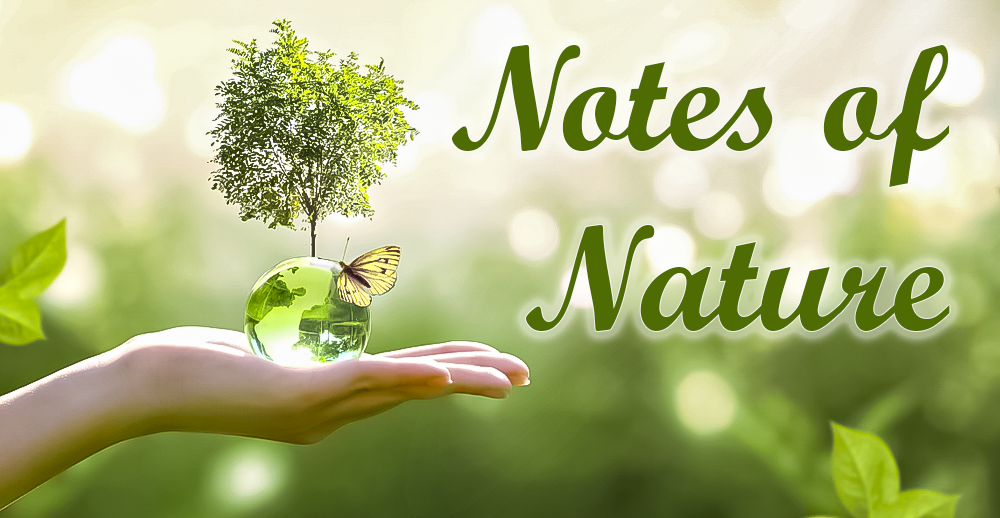This book is a real education starting with the embryo and covering the current understanding of how each major body part was used by other animals and how they evolved to be the body parts that we recognise as being human today.
It covers the length of the human body, including chapters on heads and brains, speech and gills, and guts and yolk sacs. While delving deep into the biology, Alice Roberts seems to keep the technical terms to the bare minimum and explains each term she does have to use to keep the text accurate.
It's a real mix of textbook, practical, history, and autobiography. Through text and line drawings, we discover the embryo developing from a two-cell , through to a morula, and to a blastocyst - and this is just one a single page! Alice doesn't just explain the current understanding, but how we've reached this understanding - this means going through the history of the hypotheses such as preformists, which imagined a whole person curled up within a sperm or an egg. But through this, she keeps it respectful - as who knows what people in 200 years will think of our current understanding.
There are lots of family trees, showing how through different body parts, we connect to organisms such as lancelets. There's also a cultural history showing how different body parts were shaped (such as head shaping) and how the body parts sustained these practices.
The book is also practical and in various places in the book, Alice asks use to either feel different body parts, such as the hyoid bone in the neck, or gives us practical instructions on how to find our blind spot!
We get a lot of examples via autobiography, with Alice reciting her relevant experiences during her television career so far. Which are interesting to read, but I felt that they made the book a bit too wrong.
The only thing I wasn't too keen on was the discussions of creationism, which Alice is clearly against. While I don't agree with creationism either, I don't feel that it has a place within a book on modern biology.
I'd recommend this book to anyone with an interest in biology, or even just and interest in how their children developed in the womb. It's a worthwhile read and taught me much.

Sounds like an informative read, Tim. I always find it amazing to see embryos from various animals and how similar they are until they differentiate.
ReplyDeleteI can say that I learned a lot from it. I agree, it is amazing. Alice goes really far back in time to show how nothing in our bodies is new, but just adapted from earlier organisms - so even after differentiation we're so similar to other organisms.
DeleteI like the programs with Dr Alice Roberts on TV, I have seen them all and I admire her take on presenting incredibly difficult and complex information in a manner we all can understand – and in a way that makes it really interesting. Sounds like this book is written the same way :-)
ReplyDeleteThat's right, the book is written in the same way, which, for me, made it such a good read. I remember going to one of her lectures for the incredible human journey and everyone was captivated by her. It's definitely worth a read if you like her other work. :)
Delete